We’re approached a lot by people wanting to change career to one focused on one of the topics on our website. The most common topic is probably low-impact building. This is a bit short notice, but one of our partners – Straw Works – are running a course in London this coming weekend about just that – how to become a self-employed natural builder. Over to Eileen with details of the course.
This is a practical module run over two days. By the end of the second day you will have a draft business plan to take away and begin to implement.
Prior to the module you will be sent a list of information to help relate the module specifically to your business. Business Plans are a good starting point. The sign of a good business plan is one that changes with the business.
If this sounds like a ‘dry’ module please don’t despair, it can be really good fun and will be invaluable in giving you an overview of your future as a natural builder.
The training module covers the following:
- Personal budgets
- Identifying your customers
- Market & advertising
- Start up costs & overheads
- Deciding on your hourly rate
- Cashflow forecasts
- Tax & VAT
Personal Budgets
In this topic you will identify how much you spend on living, including rent, mortgage, rates, food, electricity, gas, entertainment etc. The purpose of itemising your personal costs is to identify how much you need to earn.
Identifying your customers
- Who is your market?
- Do you want to work only on contract builds?
- Would you prefer to work only with self builders?
- Do you want to work on community projects?
- Do you want a mixture of some/all of the above?
It’s important to be clear about your market so that you can target your marketing and advertising in the right direction.
Marketing & advertising
Once you have identified your market (customers) you need to research where you will find them. Then decide how to tell them about your product/service i.e. what mix of methods to use: website/direct marketing/twitter/relationship management/Facebook etc.
Start up costs & business overheads
Will you need to buy anything in order to do your work? If yes, how much will it cost? What will your business expenses be: mobile phone, website hosting, marketing, insurances, sub-scriptions to trade journals and associations, employees, stationery etc.
Once you know these costs they can be added to your personal costs to identify how much money you need to earn to run your business.
Deciding on your hourly rate
To do this you need to know the costs of running your business and what your competitors are charging.
Cashflow Forecast
A cashflow forecast is a very useful tool which will help you keep track of income and expenditure. In this module you will be taught how to use one.
Tax & VAT
We’ll touch on different company formats and taxation and registering for VAT when necessary.
Trainer: Eileen Sutherland
Venue: Haringey, London
Dates: 17 & 18 January 2015. 10 am to 4 pm.
Cost: £156* inc VAT – includes tea, coffee and biscuits. Please bring your own lunch.
*Trainees with The School of Natural Building receive 10% discount for payments made in advance of this course.
To book your place, email Clare at [email protected]




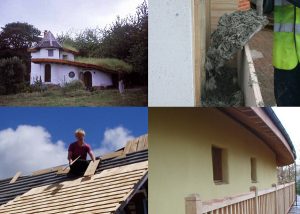
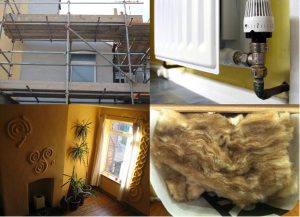






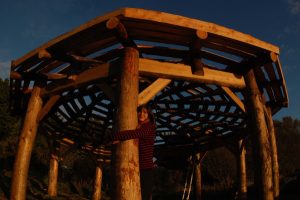

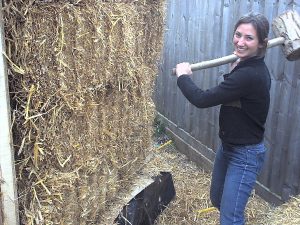
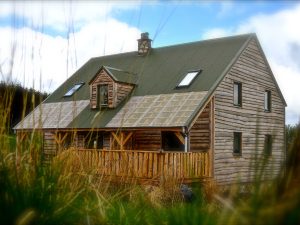

2 Comments
I’ve just seen this and busy this weekend but I’m interested in attending another one, thanks.
Sounds awesome wish I could attend, does anyone know of any similar things going on in San Diego California area? thanks